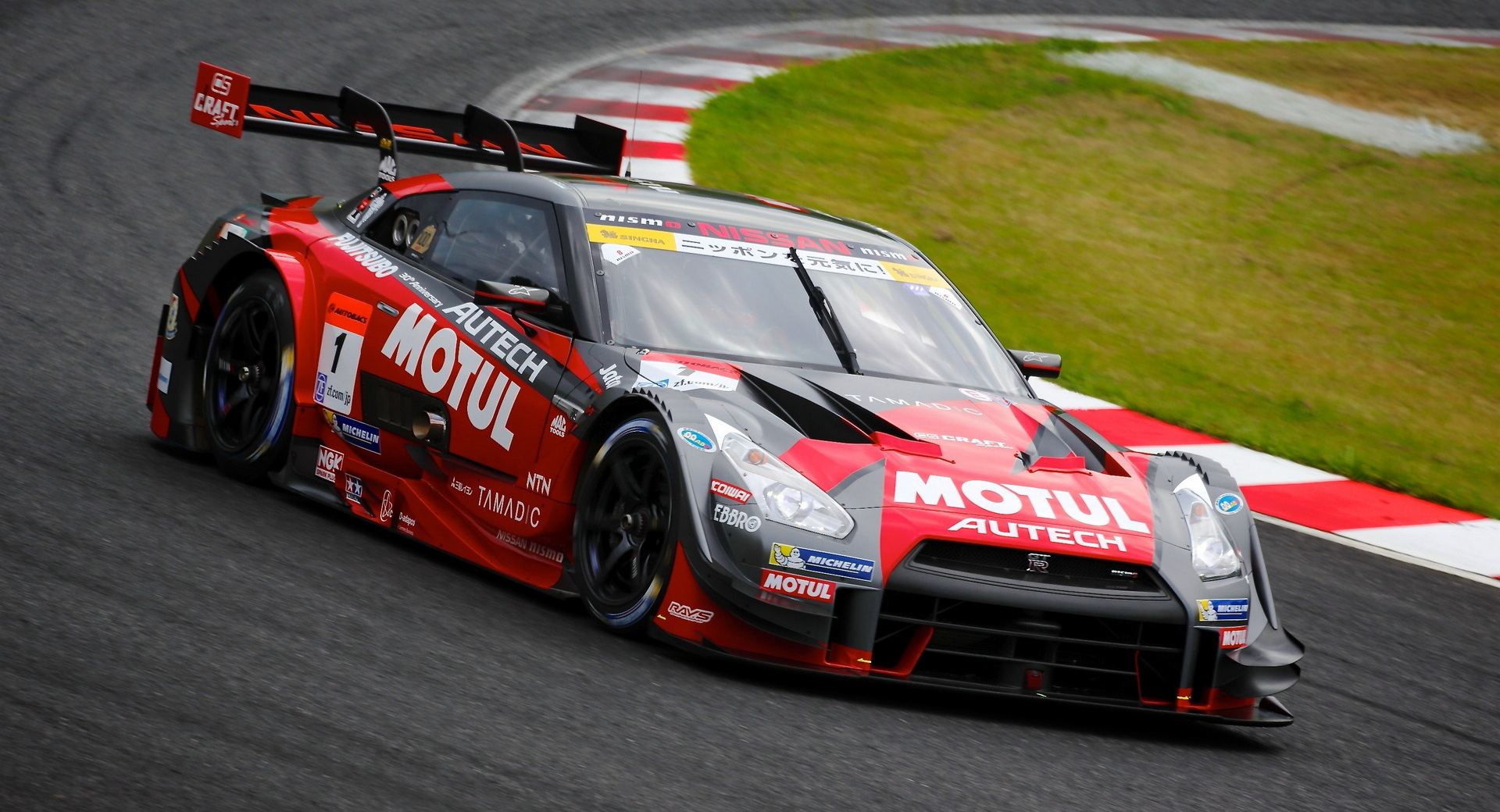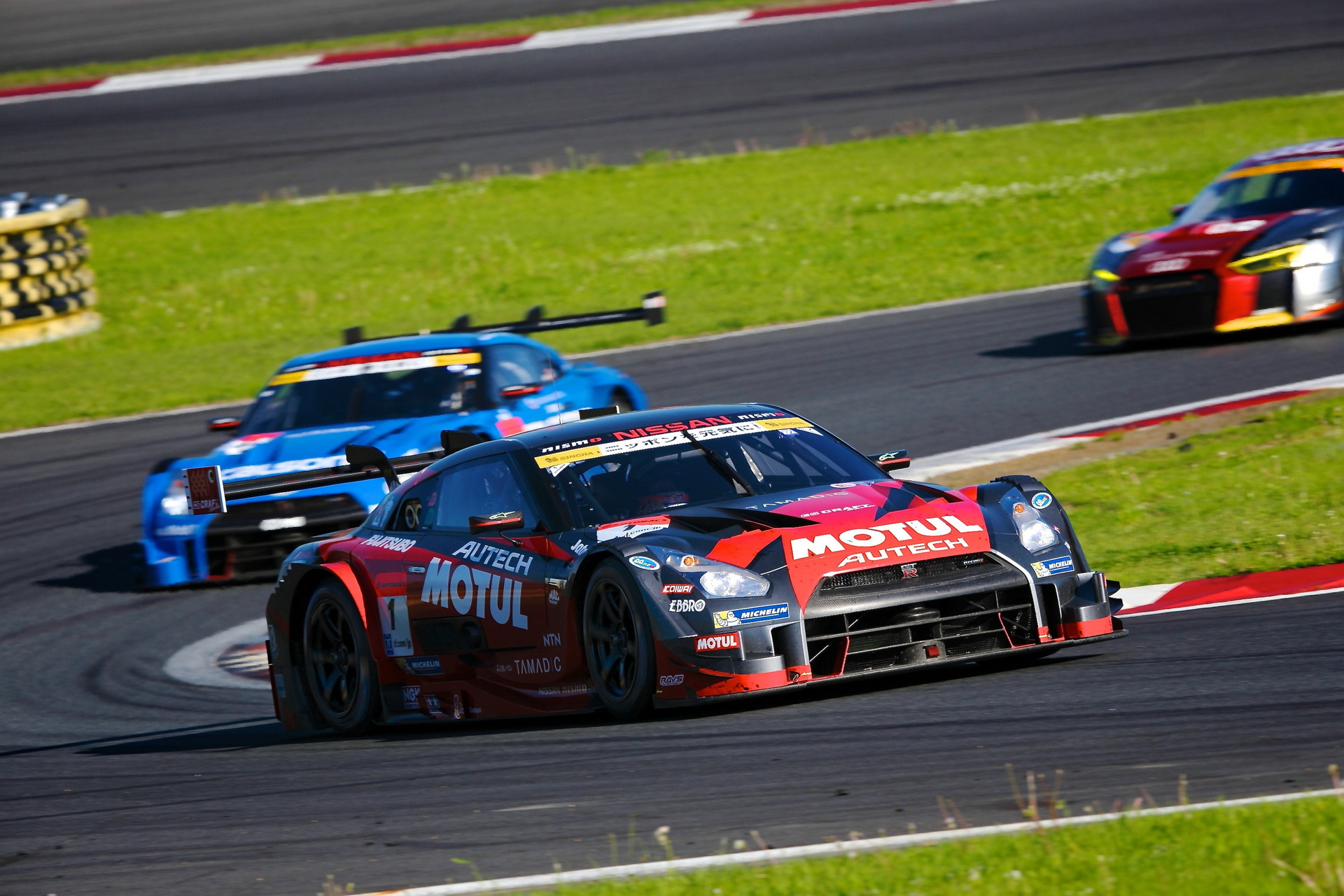Japan’s Super GT sports car racing series, like others around the world, is planning to shift from fossil fuels to a carbon-neutral synthetic fuel to power its racecars. While the change doesn’t appear to be bothering the cars too much, the drivers have noted some strangeness.
In a story published by supergt.net, Ukyo Sasahara, the driver of the number 16 Red Bull Motul Mugen NSX-GT, was among the more critical drivers in the paddock, saying that his team still needed to work on tuning his car and noted a strange odor due to the carbon-neutral fuel.
“I believe that at this stage the adjustments are not perfect, and I feel that the power output is a little less than with our normal gasoline fuel. However, the feeling was more natural than I had expected,” said Sasahara. “Also, I was a bit conscious of the smell. It may be because this is the first time, but I was conscious of the smell from the other machines’ exhaust in the pit area.”
Read: E-Fuels Industry Will Only Be Able To Supply 2% Of European Vehicles By 2035
Hiroki Yoshida, the driver of the number 52 SAITAMATOYOPET GB GR Supra GT, and Seji Ara, the driver of the number 7 Studie BMW M4, both also noted the odor of the new fuel. It was the latter, though, who was more bothered by it.
“I tried things like adjusting the flow of air in the cockpit, but I was still bothered by the (exhaust) smell,” said Ara. “I felt that there was less feeling of power during acceleration in the middle stages. But I think this will change with the adjustments we make from now on to compensate for these effects.”
Motorsport reports further that there were suggestions in the paddock that the exhaust fumes were causing eye irritation for some drivers. Masahiro Saiki, the head of the racing series, though, suggested that the smell was simply the result of the fuel, which is derived from non-fossil fuel-based biomass and produced by Germany’s Haltermann Carless, not being fully burned.
“The smell is a little strong [compared to gasoline], perhaps because the raw materials used are different. I think they are trying to mix materials extracted from various bio-based raw materials to meet high-octane standards,” said Saiki. “If we can burn the fuel properly, then the smell should disappear. If the fuel is burned completely, nothing will be left.”






